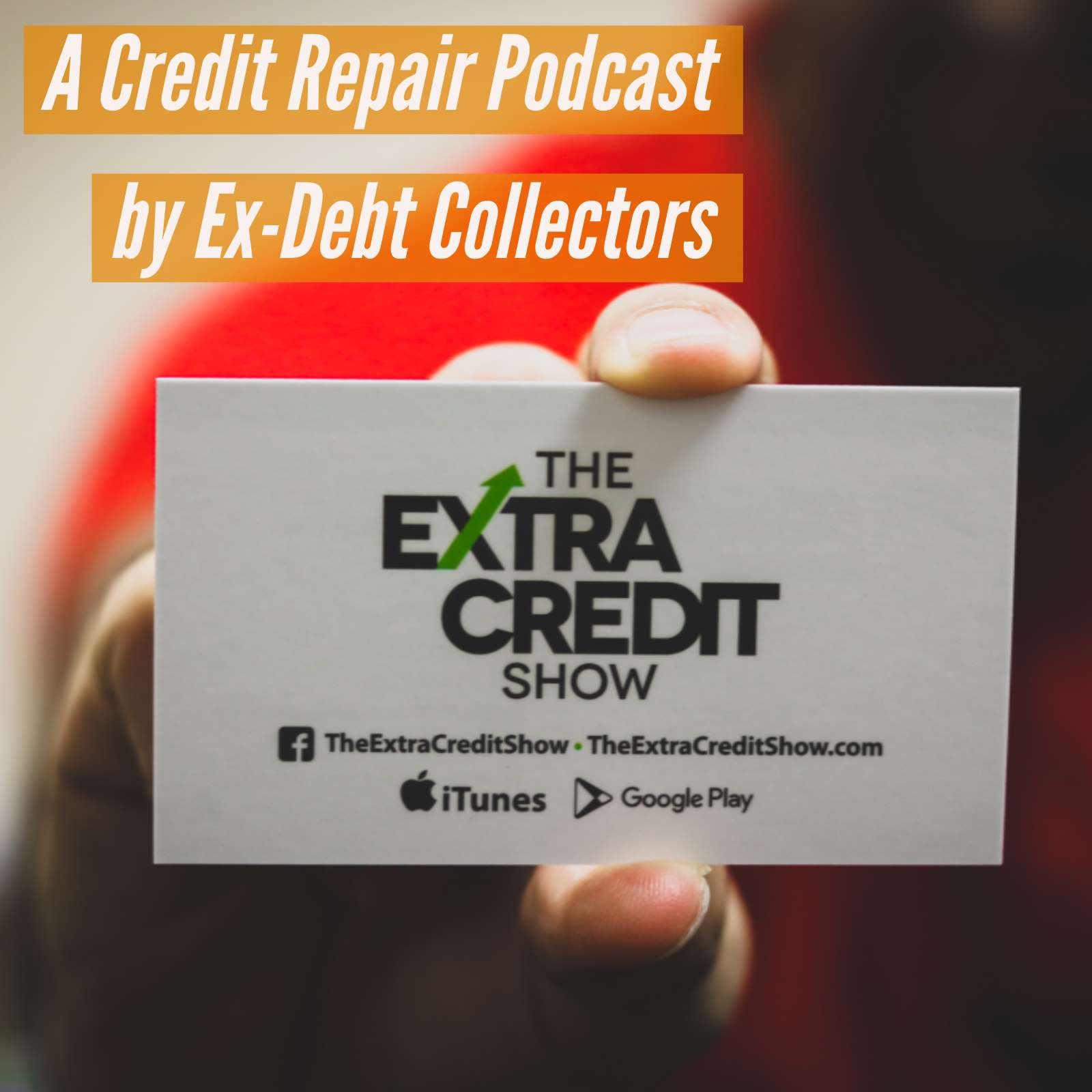Episodes

Friday Apr 13, 2018
Credit and Divorces: What happens to your credit when you get Divorced!
Friday Apr 13, 2018
Friday Apr 13, 2018
Protecting your credit during and after a Divorce
Debts that are commonly divided in divorce proceedings are typical consumer debts such as mortgages, car loans, and credit cards. These types of consumer credit products are generally credit that is reported to all three major credit bureaus, and which can be a great source of damage and stress post-divorce.
In a divorce decree, the court assigns payment responsibilities to one spouse or the other, but it cannot amend or override the original contract signed by both spouses. In the credit world, this means that if your spouse retains the jointly held car loan or mortgage, it is still a joint account even after the divorce is final. Removing your name from the title or deed does not remove your name from the promissory note or contract.
Here is where it gets messy: your ex-spouse misses a few payments on the loan, and now you have late payment delinquencies reported on your credit reports. This can happen at any moment in time for the life of the loan which can be a very long time if we’re talking mortgages and car loans. The credit score formula will not take the “my ex-spouse is supposed to pay for that” argument into consideration, and neither will your creditors. Your score can drop significantly, often disqualifying you from obtaining a new mortgage or car loan for yourself.
This scenario can happen with any joint financial product that is seen on credit reports. Credit cards are much easier to control because you have the option of closing the account, and they are generally much easier to pay off when compared to a mortgage or car loan.
Can I be removed as a joint loan holder?
Your ex-spouse will have to refinance the loan under their name only. That can become very problematic as negative equity problems could prevent a new bank from refinancing the loan. Perhaps the sole income of your ex-spouse is not enough to qualify for the loan on their own. Or even worse, their credit rating is very low as a result of the divorce.
Protecting your credit:
To protect your credit you would have to terminate your liability with the bank. One option is to sell the house or car and pay off the loan. If that’s not possible, and you find yourself or your ex-spouse unable to refinance the loan, your only real option is to file for Chapter 7 Bankruptcy Protection. This eliminates the possibility of late payments affecting you in the future. As long as your ex-spouse continues to make payments, they get to keep the house or car.
If bankruptcy is not an option for you, the next best thing is to check your credit report and joint accounts once a month to make sure things are being paid on time. As you are still a joint account holder, there is nothing stopping you from calling the bank once a month and checking to see if the payments have been made. If there is a danger of being 30 days late, you at least have the option to protect your credit rating by making the payment yourself and then having your ex-spouse reimburse you. Not the most practical solution, but it works. I often advise clients to do this when they are in the middle of a major purchase, but run the risk of late payments due to jointly held debts which they don’t control.
The Extra Credit Show is a show hosted by Ex-Debt Collection Agency Executive and Consumer Credit Expert Anselmo Moreno and his business partner Richard David. They have been in the consumer credit consulting and credit repair business since 2005. They often found themselves talking to each other about the current state of consumer credit, debt, credit bureaus etc. - take a listen to the minds of two passionate long time credit repair experts.
Available on Itunes, Stitcher, Google Play, and everywhere Podcasts are found.
Instagram: @TheExtraCreditShow
Facebook: www.facebook.com/TheExtraCreditShow
Web: www.TheExtraCreditShow.com
Watch the show on YouTube : https://youtu.be/RVq0jCjwpxY
P.S Section 609 Credit Repair Loophole is bogus, in fact it has nothing to do with credit repair. Read it for yourself.
Link to FCRA: https://www.ftc.gov/system/files/fcra_2016.pdf
Contact: TheExtraCreditShow@gmail.com


No comments yet. Be the first to say something!